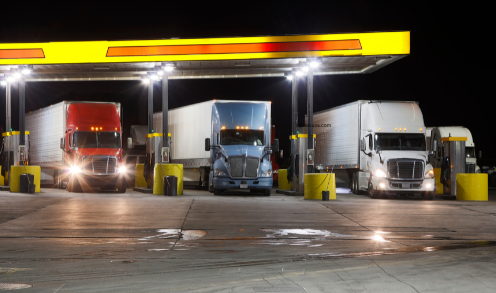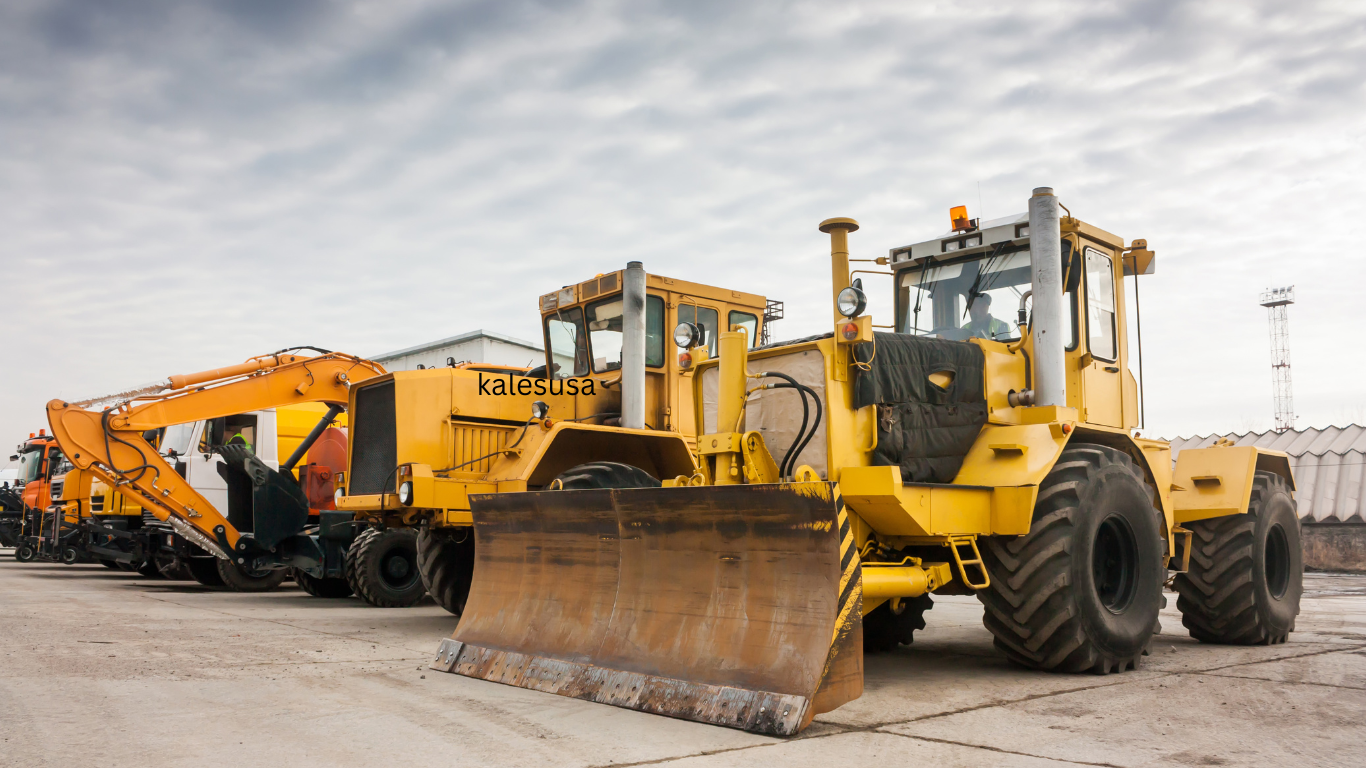Hitting the road with your fleet requires careful planning and adherence to regulations. One crucial aspect is understanding Department of Transportation (DOT) weight limits. These limits vary by state and are essential for ensuring the safety of both your vehicles and the roadways. This blog post serves as your guide to navigating DOT weight limits by state across the country.








